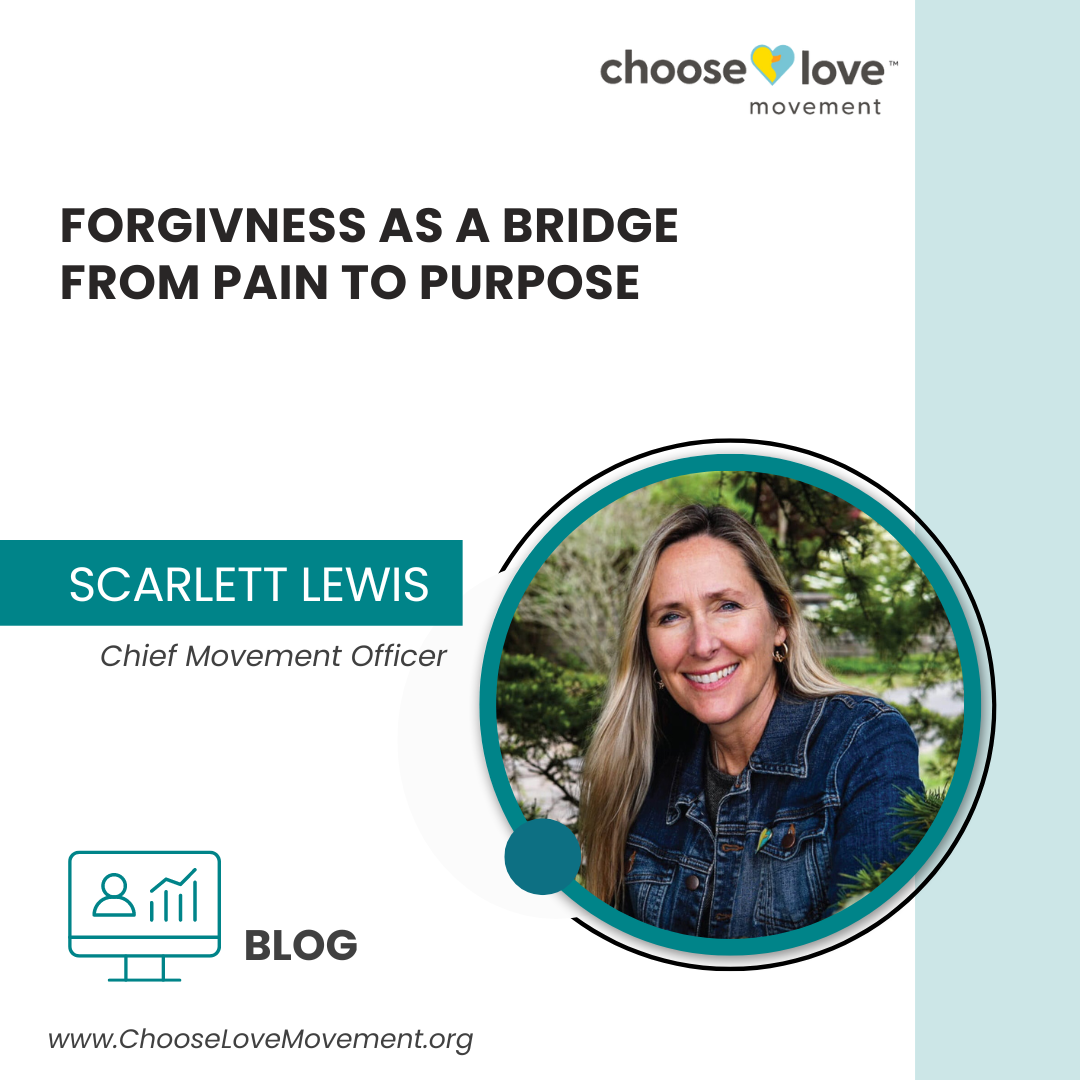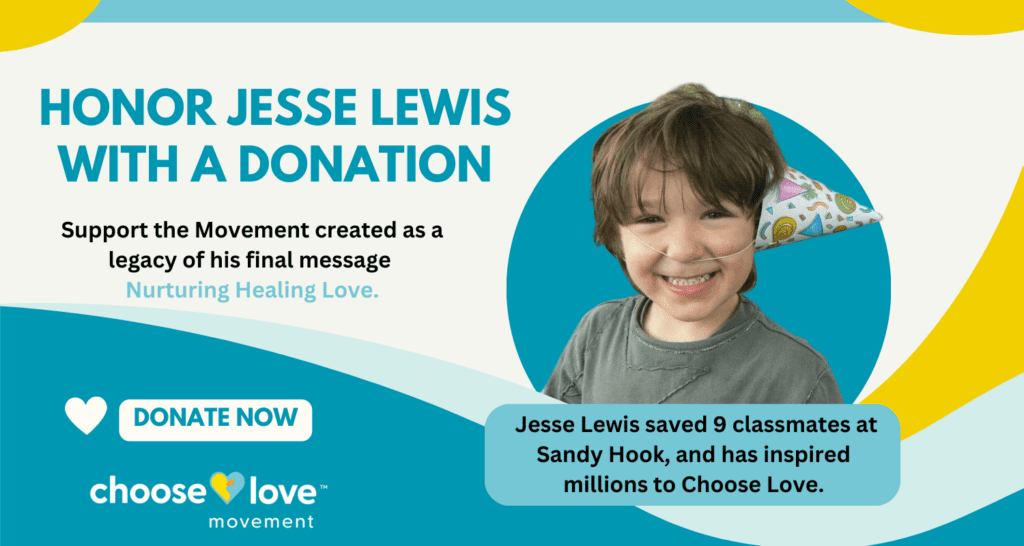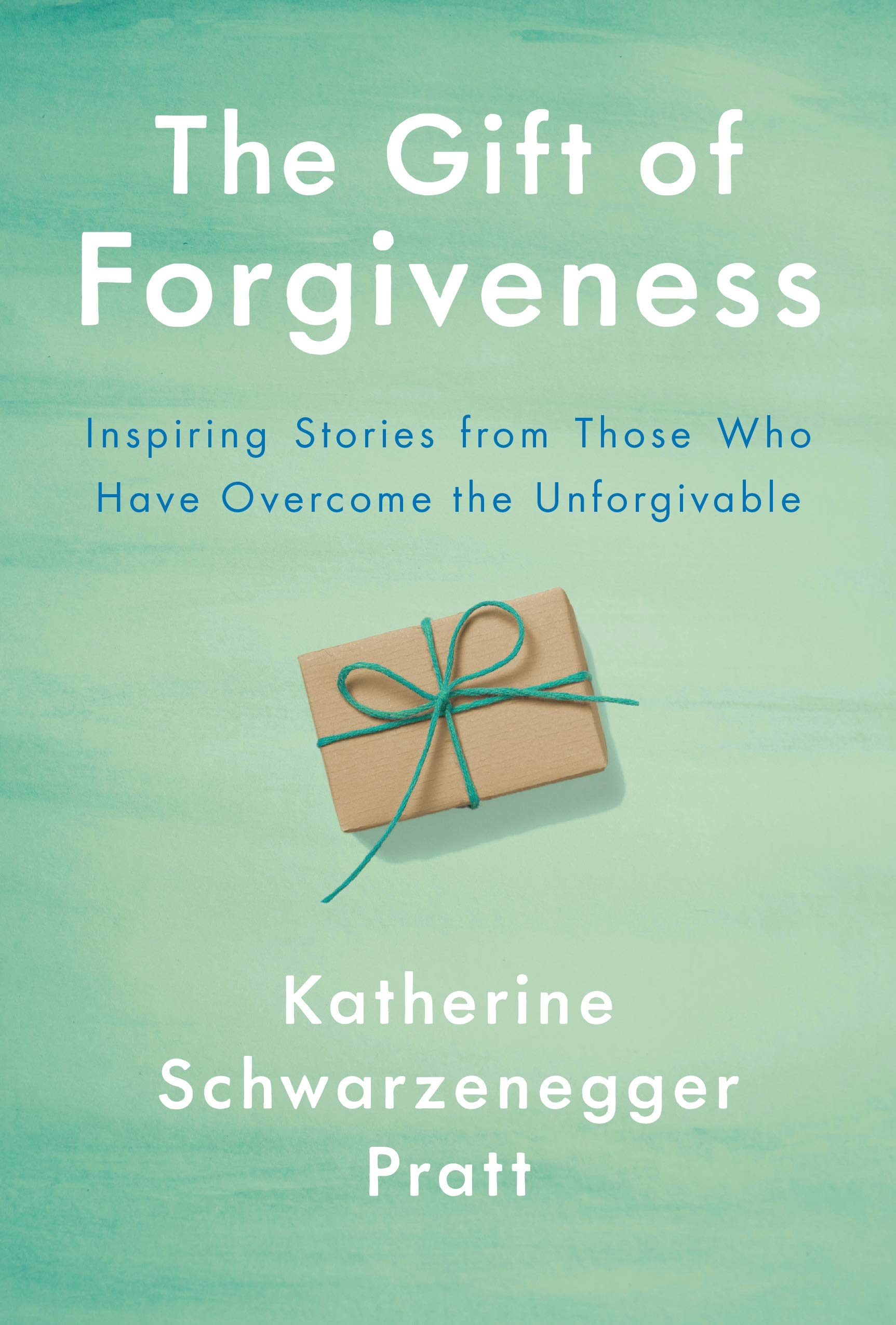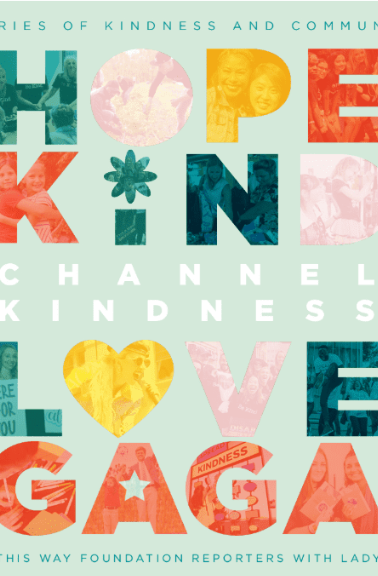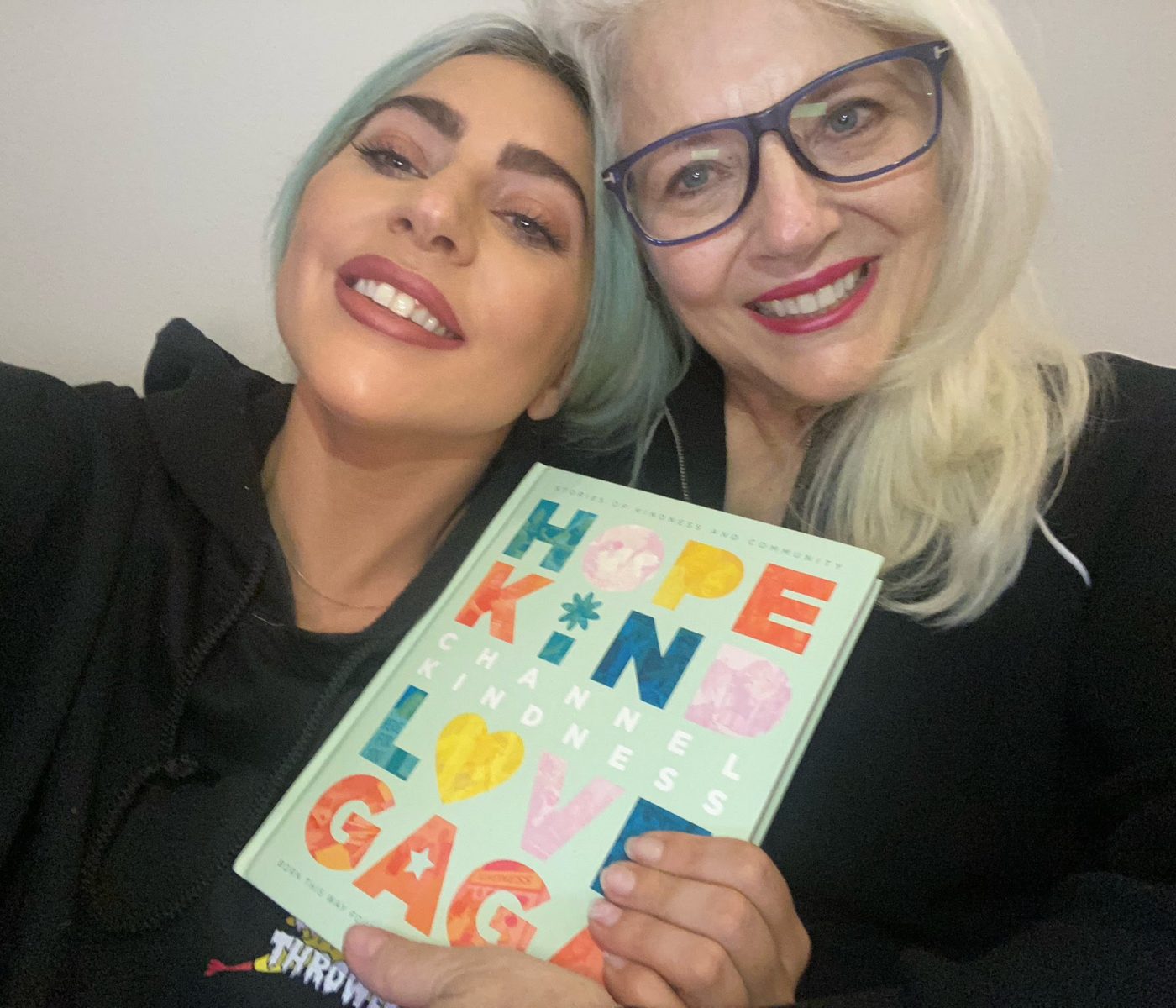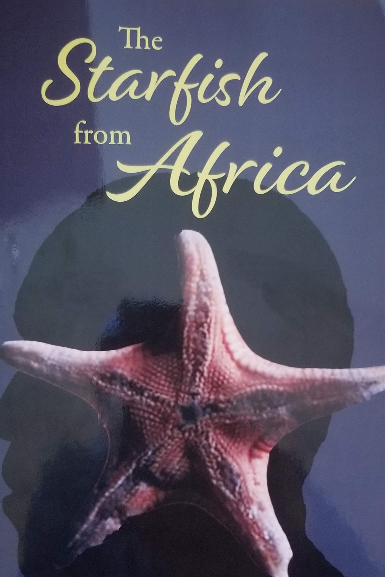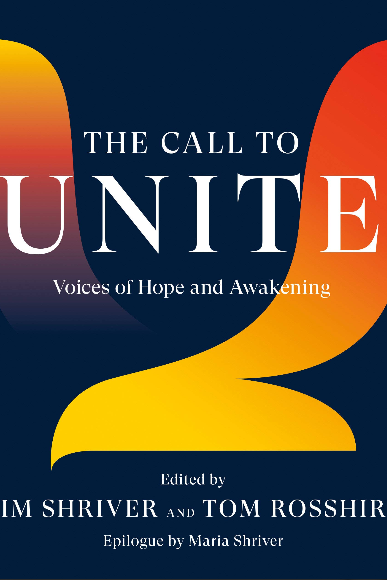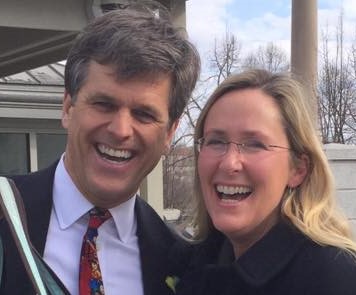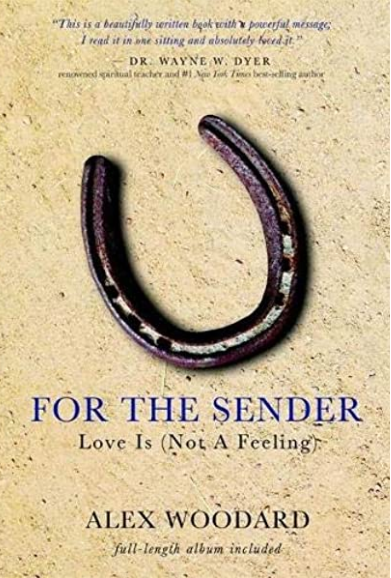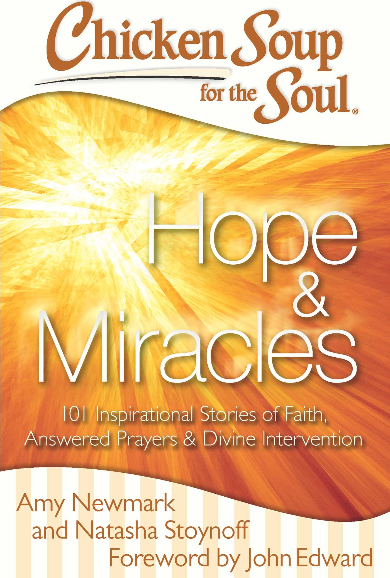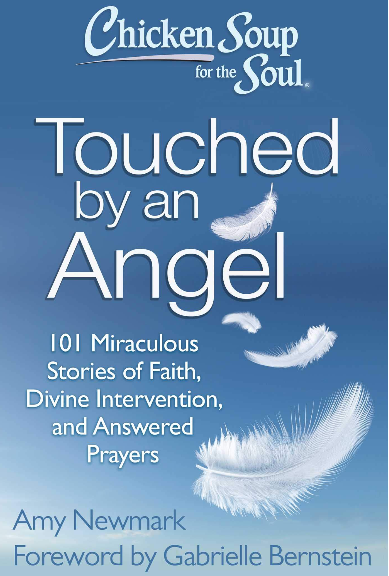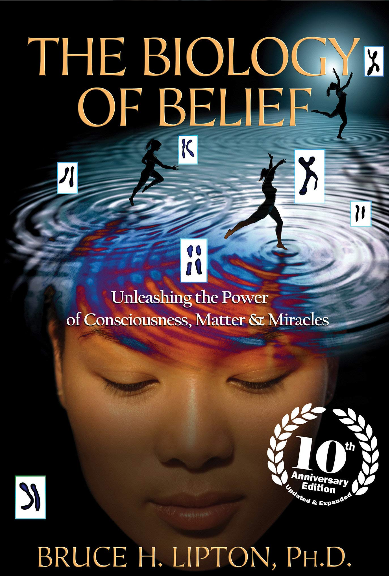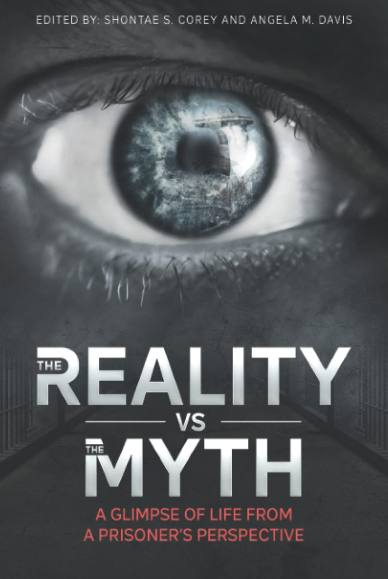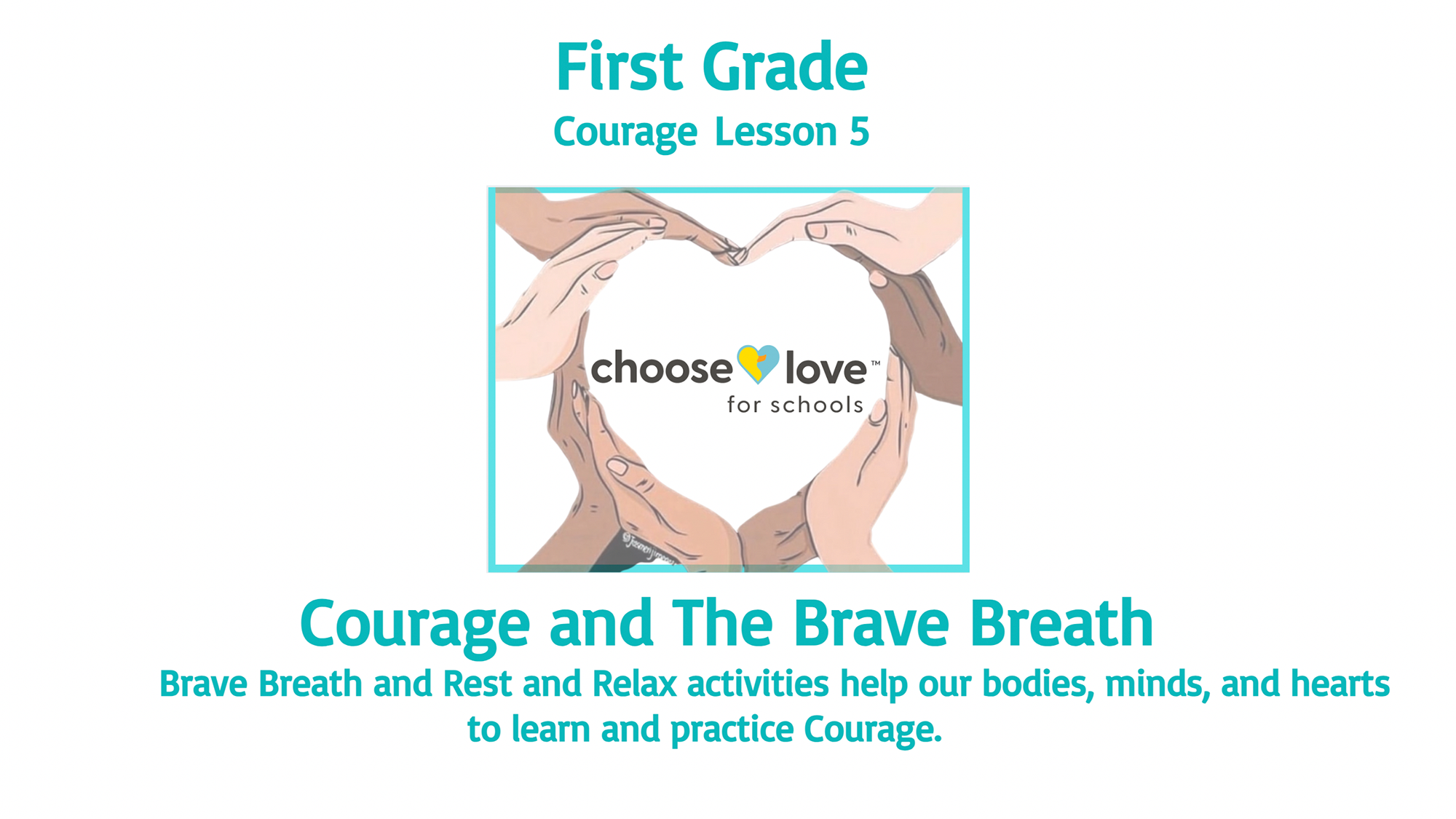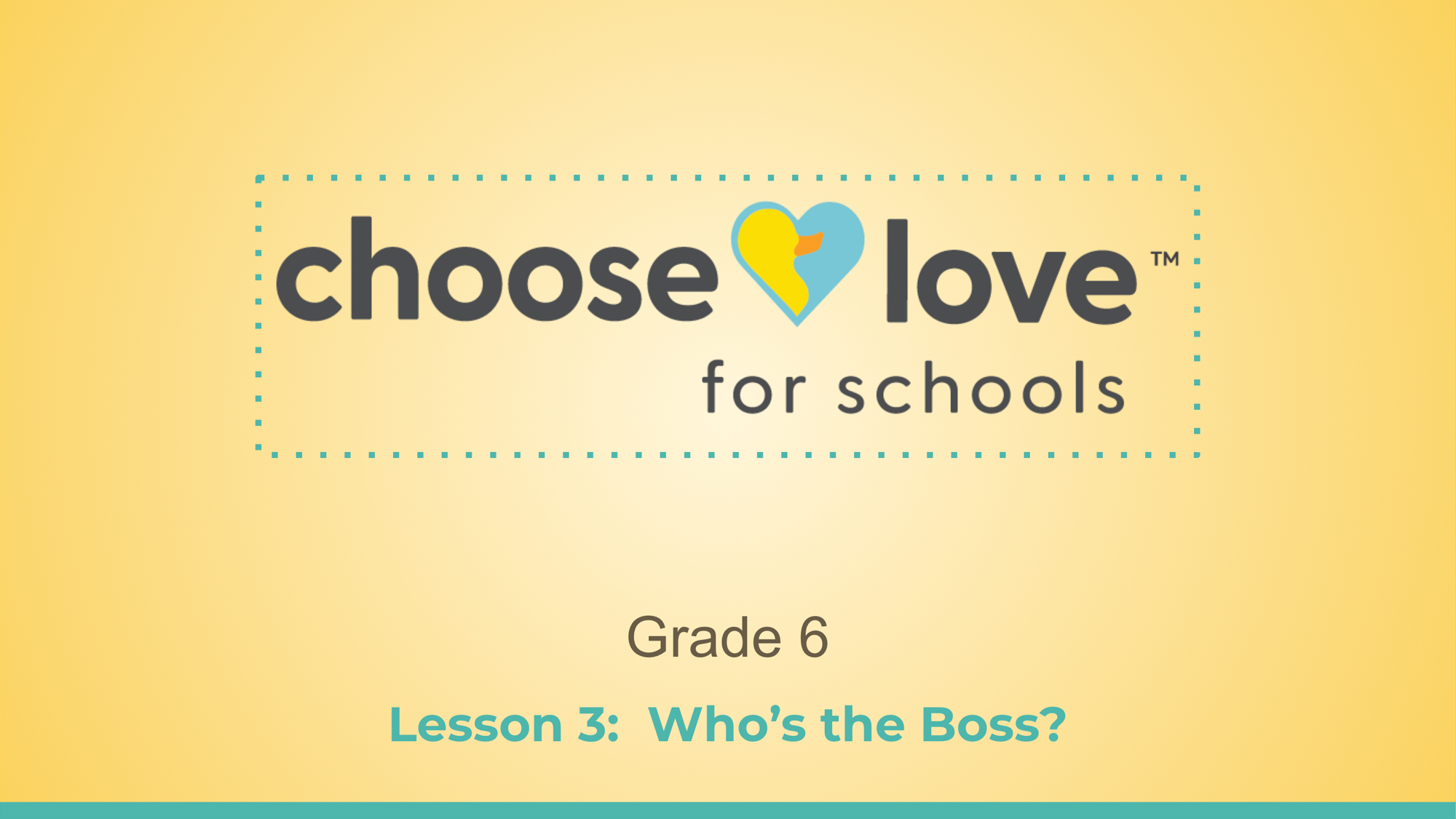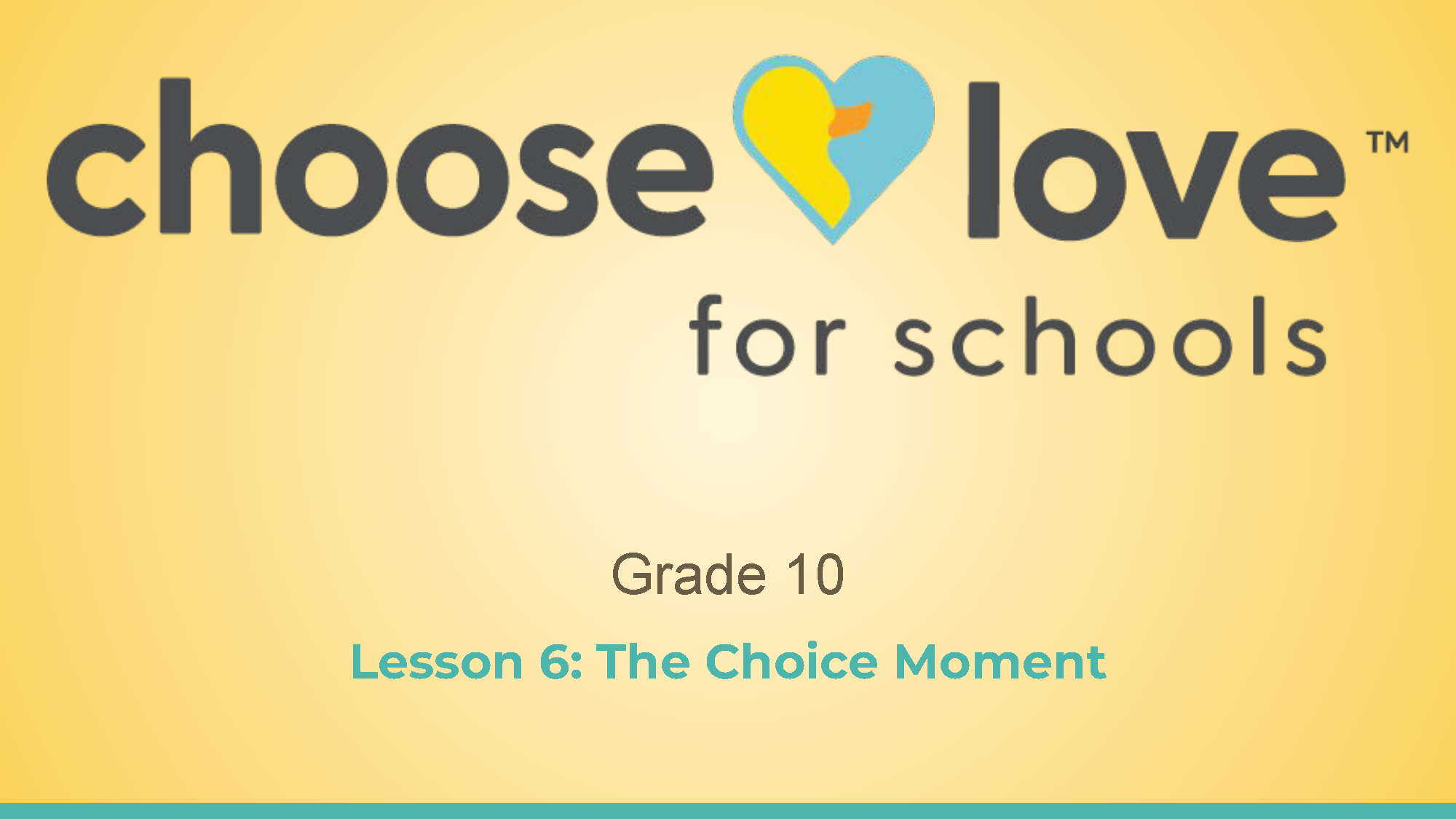By Scarlett Lewis, Chief Movement Officer
Forgiveness is a deeply personal journey, and can be fraught with emotional turmoil and societal pressure. However, the narrative of forgiveness, as illustrated through the Choose Love Formula—courage plus gratitude plus forgiveness plus compassion in action—offers a powerful framework for navigating this journey. The formula finds a poignant example of forgiveness from an unimaginable tragedy: the loss of a six-year-old son in the Sandy Hook School tragedy. My choice to forgive the perpetrator is a testament to the transformative power of love and forgiveness as well as the fact that it is a possibility, as well as a choice, in all circumstances.
The Basis of the Choose Love Formula
The Choose Love Formula is rooted in the belief that forgiveness is not just an act but a process that requires a combination of courage, gratitude, forgiveness, and compassion in action. Research supports the components of this formula as beneficial to emotional and psychological health. For instance, studies have shown that practicing gratitude can lead to lower stress levels and improved mental health (Emmons & McCullough, 2003). Meanwhile, acts of forgiveness are linked with reduced anxiety, depression, and major psychiatric disorders (Toussaint, Webb, & Hirsch, 2017). Compassion, both for oneself and others, has been foChoose Lund to increase well-being and decrease stress (Neff & Germer, 2013).
Having the Courage to Forgive
Choosing forgiveness in the face of unfathomable loss embodies immense courage. This action goes against the instinctual desire for retribution and challenges societal expectations. It’s a path less traveled, and perhaps complicated by criticism and misunderstanding from others. Yet, it is this very courage that initiates the journey of healing. Research led by Worthington (2006) highlights that people who choose to forgive show higher levels of emotional intelligence and resilience, enabling them to navigate through their grief more effectively.
Gratitude Fortifies us From the Inside Out
Gratitude plays a crucial role in the healing process. It acts as an anchor, reminding individuals of the goodness that remains in their lives despite their loss. This perspective is crucial for maintaining mental health and well-being during the arduous process of forgiveness. Studies have demonstrated that gratitude can significantly enhance one’s quality of life, offering a buffer against the propensity for despair (Wood, Joseph, & Linley, 2007).
Compassion in Action: The Path to Wholeness
The journey culminates with compassion, both for oneself and the perpetrator. Recognizing the shared human condition of imperfection and vulnerability is key. Understanding that “hurt people hurt people” allows us to see the pain in others as a reflection of their struggles, not just our own. This shift in perception is transformational, as it disconnects the individual from the cycle of victimhood and empowers them to reclaim their life. Research supports that experiencing compassion leads to increased happiness and decreases feelings of social isolation (Seppala et al., 2013). When we can step outside of our own pain to understand the root cause in the other, it cultivates empathy which enables us to see the light of humanity in the other. This in turn strengthens the forgiveness process.
The Transformative Power of Forgiveness
Through the Choose Love Formula, forgiveness becomes a powerful act of liberation. It releases the individual from the chains of bitterness, allowing them to embrace the full spectrum of life’s experiences with open arms. The personal narrative of forgiving a child’s killer demonstrates the profound impact of this process. This act did not negate the wrongdoing or the pain it caused but transformed the sufferer’s relationship with it, paving the way for healing and joy.
Choosing Love as the Way Forward
Forgiveness, as outlined in the Choose Love Formula, is a choice that leads to a transformative personal journey. It requires immense courage, is fortified by gratitude, and finds its completion in genuine compassion. This pathway not only fosters personal healing but also serves as a beacon of hope for others navigating their own journeys of forgiveness. The research and data underscore that while forgiveness is a complex and deeply personal endeavor, it is also universally accessible and healing.

